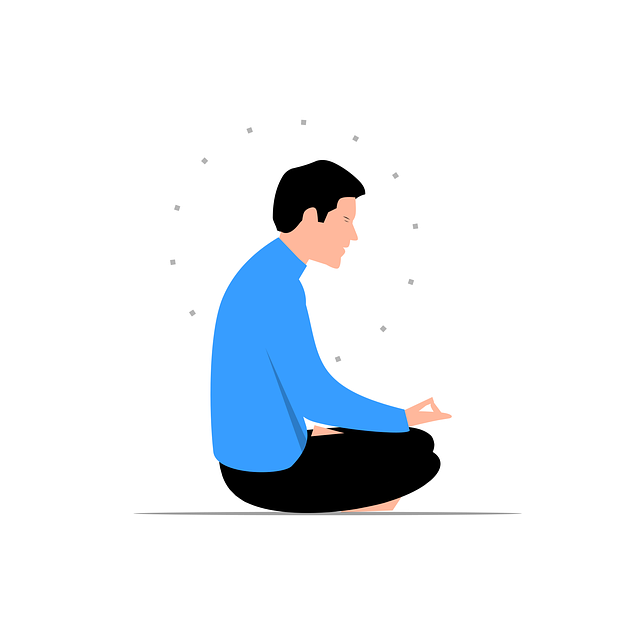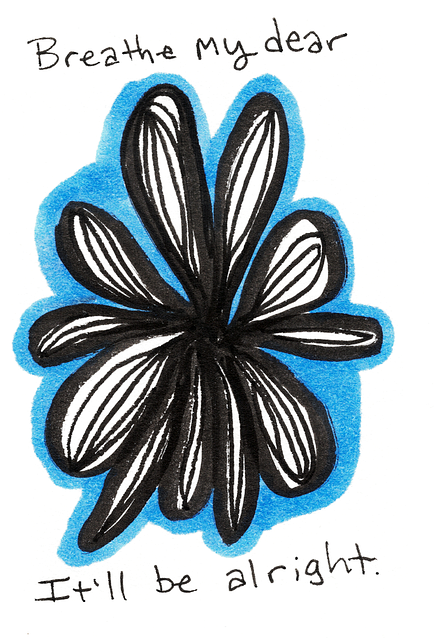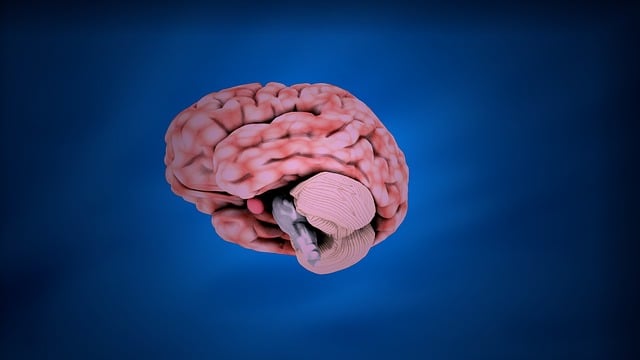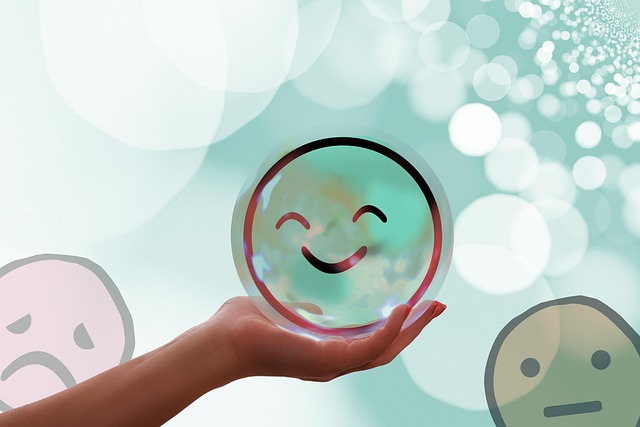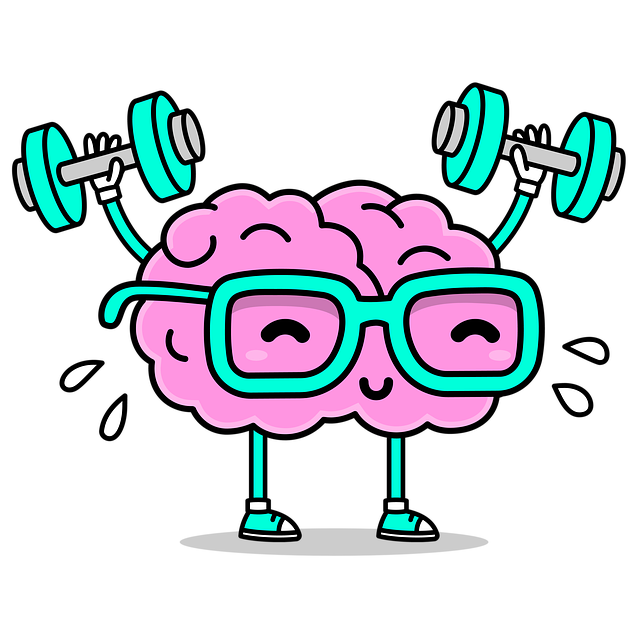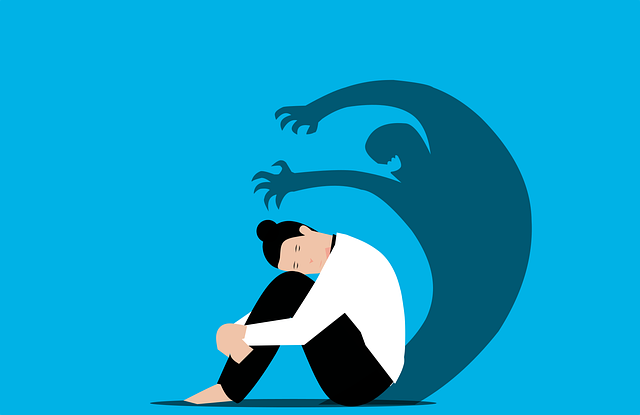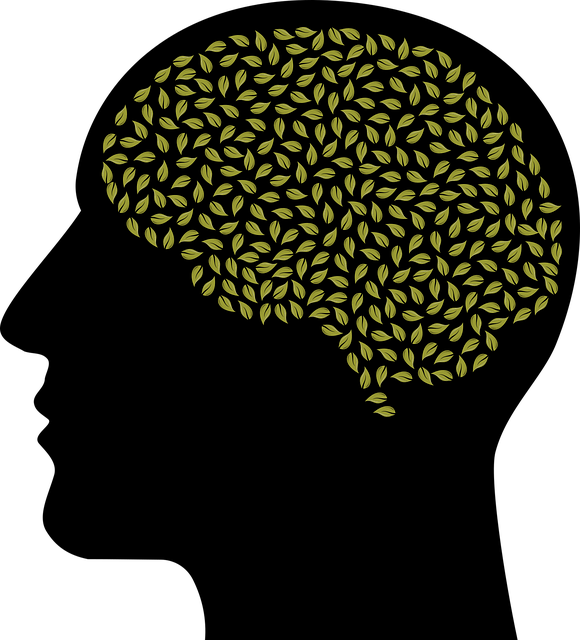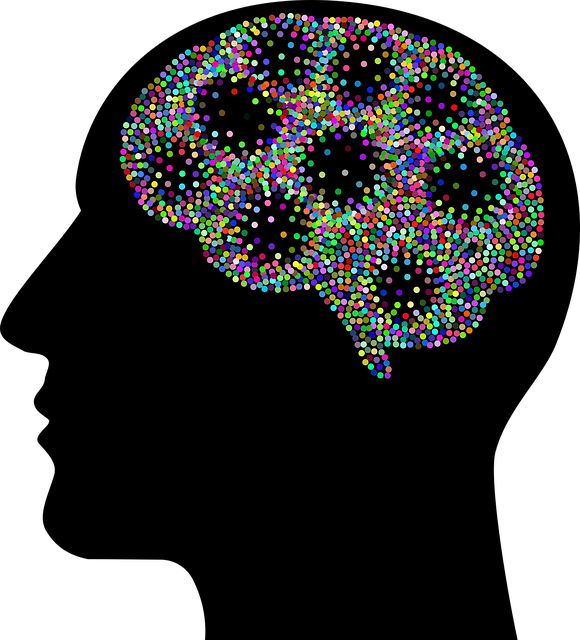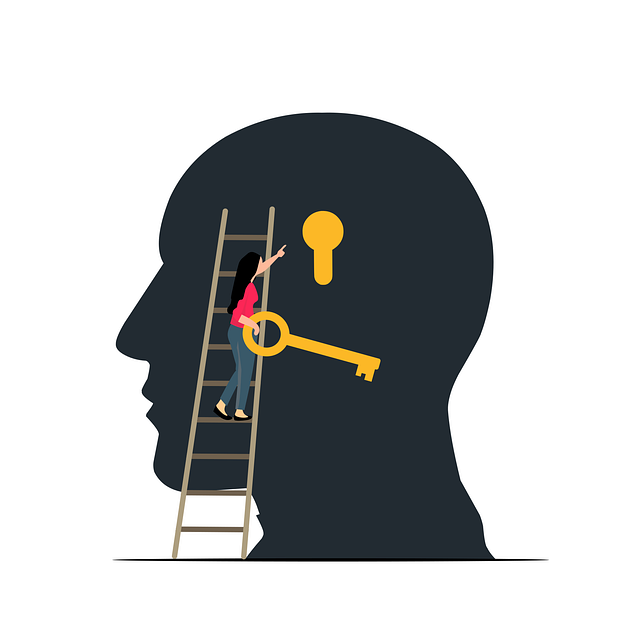Self-care is a powerful tool for managing physical, mental, and emotional health, with benefits including enhanced resilience against life's challenges, like relationship issues. Key practices include meditation, exercise, quality sleep, and hobbies. Personalized self-care starts with introspection to understand unique needs. Strategies like mindfulness, regular exercise, and therapy, such as Englewood Relationship Issues Therapy, promote well-being, reduce stress, and foster emotional intelligence, ultimately leading to stronger relationships and a more fulfilling life.
Self-care is not a luxury but an essential practice for maintaining mental well-being. This article explores how to enhance self-care routines, focusing on both personal discovery and practical strategies. We delve into understanding the profound impact of self-care on mental health and guide you through identifying your unique needs. Learn effective rituals and strategies to integrate into daily life, plus gain insights from Englewood Relationship Issues Therapy on overcoming barriers and fostering sustainable self-care habits.
- Understanding Self-Care and Its Impact on Mental Health
- Identifying Personal Needs and Prioritizing Self-Care Rituals
- Incorporating Effective Self-Care Strategies into Daily Life
- Overcoming Barriers and Sustaining a Healthy Self-Care Routine with Englewood Relationship Issues Therapy
Understanding Self-Care and Its Impact on Mental Health

Self-care is a fundamental practice that involves intentional actions taken to nurture and support one’s physical, mental, and emotional well-being. It is about recognizing that our overall health is not solely dependent on external factors but also on how we tend to ourselves. In today’s fast-paced world, where stress and various relationship issues are prevalent, prioritizing self-care has become more crucial than ever. Engaging in regular self-care practices can significantly impact mental health, fostering resilience and enhancing one’s ability to navigate life’s challenges, including those addressed through Englewood Relationship Issues Therapy.
By incorporating activities such as mindfulness meditation, regular exercise, adequate sleep, and engaging hobbies, individuals can build inner strength and develop a healthier relationship with themselves. This proactive approach to well-being is not just a luxury but a necessity, especially for those seeking support from healthcare providers. In fact, healthcare provider cultural competency training often emphasizes the importance of understanding clients’ self-care routines and integrating them into treatment plans, ensuring more holistic care.
Identifying Personal Needs and Prioritizing Self-Care Rituals

Personalized self-care begins with introspection—taking time to understand your unique needs and emotions. It’s about recognizing what brings you joy, peace, and a sense of balance. Many people often overlook this critical step, assuming they know what’s best for them. However, identifying personal needs can be transformative, especially when navigating Englewood Relationship Issues or dealing with trauma through services like Trauma Support. This process involves listening to your body, mind, and spirit—acknowledging signs of stress, burnout prevention techniques that work for you, and prioritizing rituals that nurture your overall well-being.
Once you’ve identified these needs, prioritizing self-care rituals becomes more manageable. It’s about creating a self-care plan tailored to your life, one that doesn’t add unnecessary pressure but rather supports your mental health and resilience. Whether it’s carving out daily meditation time, indulging in creative pursuits, or scheduling regular check-ins with a therapist, each ritual should be chosen with intent. Remember, effective self-care practices are not one-size-fits-all; they evolve as you do, ensuring that you remain centered and capable of navigating life’s challenges, including those related to relationship issues or burnout prevention.
Incorporating Effective Self-Care Strategies into Daily Life

Incorporating effective self-care strategies into daily life is a crucial step towards enhancing overall well-being and fostering resilience. At Englewood Relationship Issues Therapy, we understand that nurturing yourself isn’t just a luxury—it’s a necessity. Starting with small, consistent actions can lead to significant improvements in mental health and emotional intelligence. Practices such as mindfulness meditation, regular exercise, and adequate sleep form the backbone of a robust self-care routine. These activities not only alleviate stress but also build inner strength and resilience, enabling individuals to better navigate life’s challenges.
Additionally, prioritizing time for hobbies, connecting with loved ones, and seeking professional support when needed are essential components. Emotional intelligence—the ability to recognize and manage one’s emotions—flourishes when individuals dedicate space for introspection and self-reflection. By integrating these strategies into daily routines, individuals can develop a deeper sense of self-awareness, fostering both personal growth and stronger relationships, ultimately leading to a more fulfilling life.
Overcoming Barriers and Sustaining a Healthy Self-Care Routine with Englewood Relationship Issues Therapy

Overcoming barriers to self-care is a significant aspect of maintaining mental wellness, and Englewood Relationship Issues Therapy offers valuable insights into fostering healthy habits. Many individuals struggle to prioritize self-care due to complex relationships and personal challenges. These issues can create a sense of overwhelm, making it difficult to find time for activities that nurture physical and emotional well-being. Through engaging in compassionate cultivation practices, as encouraged by Englewood’s therapeutic approach, clients learn to develop a deeper understanding and kindness towards themselves, breaking down these barriers.
The therapy emphasizes cultural sensitivity in mental healthcare practice, recognizing the impact of diverse backgrounds on one’s relationship with self-care. By creating a safe and supportive environment, clients can explore their unique challenges and discover sustainable strategies. Mental wellness coaching programs development is another key aspect, empowering individuals to take charge of their mental health journey. With the right tools and support, engaging in regular self-care practices becomes achievable, leading to improved overall well-being.
Self-care is not just a trend, but a necessary practice for maintaining good mental health. By understanding your personal needs and incorporating effective strategies like those suggested in this article and enhanced through Englewood Relationship Issues Therapy, you can create a sustainable self-care routine that significantly improves your overall well-being. Remember, prioritizing yourself is key to navigating life’s challenges and fostering a healthier, happier you.

